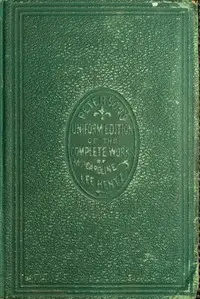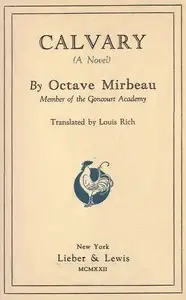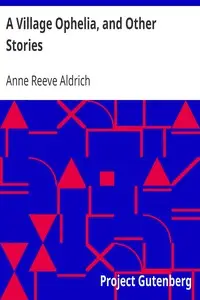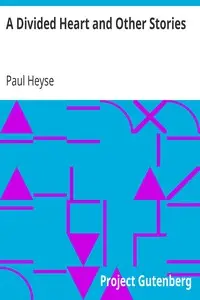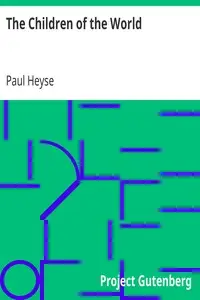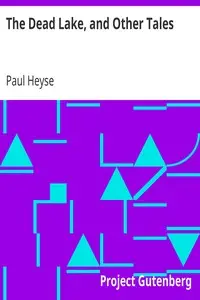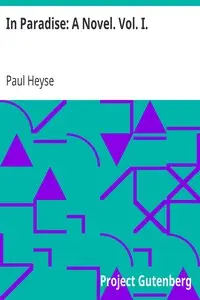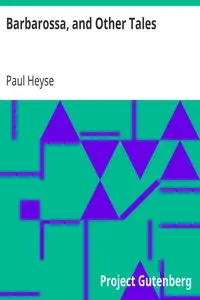"The Romance of the Canoness: A Life-History" by Paul Heyse is a story set in a quiet town where a traveler comes to mourn a Canoness, a woman known for her good heart. The book looks at sadness, losing someone, and what life is like for people in a religious group. The story starts with the traveler noticing the town as he goes to the Canoness's funeral. The mood is sad, but people respect her. The traveler meets people, like an old woman and a strange man, and they help him understand the Canoness's importance. He wants to know her life story and how she changed the town, making the reader wonder what will happen next.
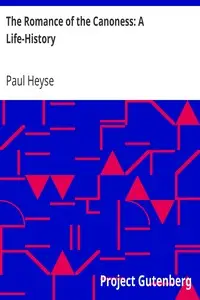
The Romance of the Canoness: A Life-History
By Paul Heyse
In a town filled with sorrow, a stranger seeks to uncover the life of a respected religious woman, revealing hidden stories of love, loss, and community impact.
Summary
About the AuthorPaul Johann Ludwig von Heyse was a German writer and translator. A member of two important literary societies, the Tunnel über der Spree in Berlin and Die Krokodile in Munich, he wrote novels, poetry, 177 short stories, and about sixty dramas. The sum of Heyse's many and varied productions made him a dominant figure among German men of letters. He was awarded the 1910 Nobel Prize in Literature "as a tribute to the consummate artistry, permeated with idealism, which he has demonstrated during his long productive career as a lyric poet, dramatist, novelist and writer of world-renowned short stories." Wirsen, one of the Nobel judges, said that "Germany has not had a greater literary genius since Goethe." Heyse is the fifth oldest laureate in literature, after Alice Munro, Jaroslav Seifert, Theodor Mommsen and Doris Lessing.
Paul Johann Ludwig von Heyse was a German writer and translator. A member of two important literary societies, the Tunnel über der Spree in Berlin and Die Krokodile in Munich, he wrote novels, poetry, 177 short stories, and about sixty dramas. The sum of Heyse's many and varied productions made him a dominant figure among German men of letters. He was awarded the 1910 Nobel Prize in Literature "as a tribute to the consummate artistry, permeated with idealism, which he has demonstrated during his long productive career as a lyric poet, dramatist, novelist and writer of world-renowned short stories." Wirsen, one of the Nobel judges, said that "Germany has not had a greater literary genius since Goethe." Heyse is the fifth oldest laureate in literature, after Alice Munro, Jaroslav Seifert, Theodor Mommsen and Doris Lessing.

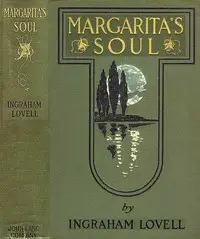


![The Romance of Zion Chapel [3d ed.] by Richard Le Gallienne](https://cdn.a2-host.cloud/6jnpWO1NfHLf2ajFONd3A654Aa5bx3-FNZvVmWIYdZg/rs:fill:215:325:0/g:ce/aHR0cHM6Ly9zcC1hc3NldHMuczMudXMtd2VzdC0wMDQuYmFja2JsYXplYjIuY29tL2Jvb2svMTA5NDkvVGhlX1JvbWFuY2Vfb2ZfWmlvbl9DaGFwZWxfM2RfZWRfY292ZXIuanBn.webp)
